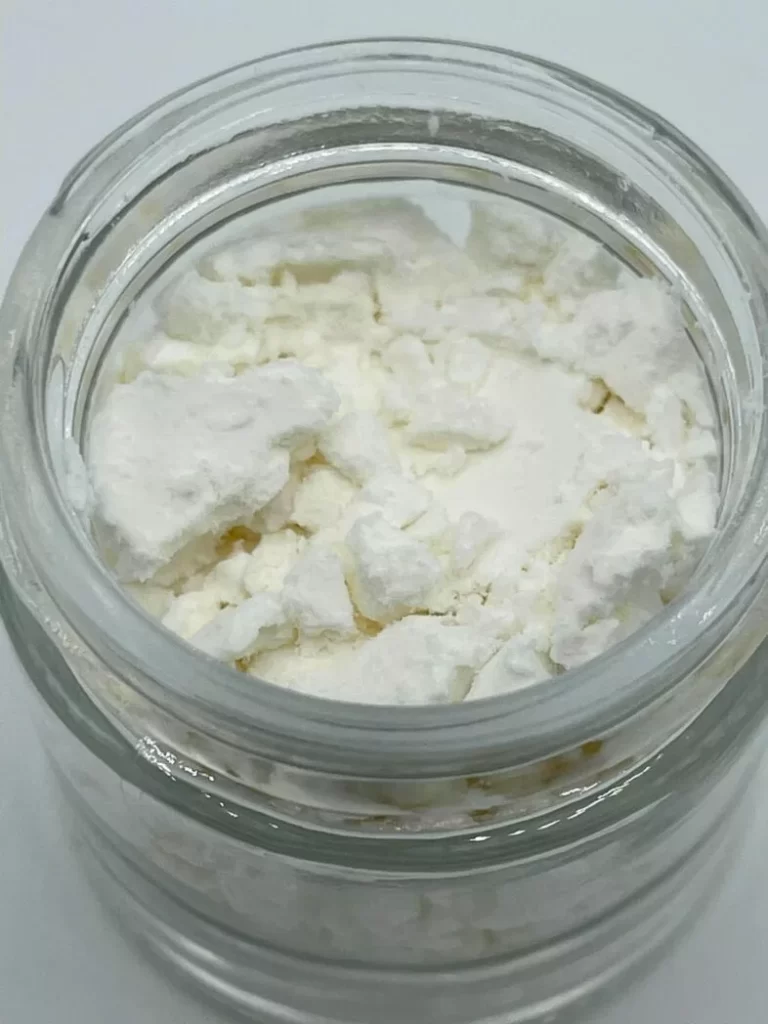In the ever-evolving world of cannabis, innovation drives the market towards more refined and versatile products. Among these, THC distillate powder has emerged as a game-changer, providing both potency and versatility that appeal to a broad spectrum of consumers and manufacturers. This revolutionary product is not just reshaping the recreational landscape but is also making significant inroads in the wellness and pharmaceutical sectors.
The Basics of THC Distillate Powder
THC distillate powder, often just referred to as THC powder, is a highly refined cannabis extract. Unlike traditional forms of THC products, the distillate powder is created through an advanced distillation process that strips away all plant matter and impurities, leaving behind nearly pure THC. This process ensures that the final product is incredibly potent, typically boasting THC concentrations of 90% or higher.
One of the most appealing aspects of THC distillate powder is its versatility. It can be seamlessly integrated into various consumer products, from edibles and capsules to beverages and topical creams, without altering their flavor, aroma, or texture. This makes it an ideal ingredient for both new and experienced users who seek a potent and discrete cannabis experience.
Expanding Consumer Base
The rise of THC distillate powder can be attributed to its ability to cater to a diverse range of consumers. For recreational users, the high potency means that a smaller amount of product is needed to achieve desired effects, which can be both economical and convenient. On the other hand, medical users appreciate the precision dosing that THC powder allows, which is crucial for treating specific ailments with exact amounts of THC without the psychoactive effects that can interfere with daily activities.
Additionally, the non-intimidating form of a fine, soluble powder reduces the stigma associated with cannabis consumption, appealing to those who may not favor traditional smoking or vaping methods. As a result, THC distillate powder is attracting new demographics to the cannabis market, including older adults and those interested in health and wellness.

Innovative Product Integration
THC distillate powder’s compatibility with various product forms is a key factor in its widespread adoption. For instance, its incorporation into edibles has revolutionized this segment. Unlike oil-based THC extracts, the powder form mixes seamlessly into both wet and dry ingredients, enabling even distribution of THC and consistent dosing, a common challenge with traditional edibles.
Beverage manufacturers are particularly keen on THC powder due to its solubility. THC-infused drinks made with distillate powder maintain a clear appearance and clean taste, qualities highly prized in the competitive beverage market. This has led to the emergence of THC-infused coffees, teas, and even alcoholic beverages that offer the effects of cannabis without the usual taste or smell.
Impact on the Wholesale and White Label Markets
The versatility and ease of use of THC distillate powder have also made it a favored choice in the wholesale and white-label sectors. Businesses that purchase THC distillate powder wholesale benefit from the ability to create a wide range of products under one roof without needing extensive extraction facilities. This lowers the barrier to entry for many companies wishing to enter the cannabis market and allows for rapid product development and deployment.
Furthermore, the white label sector, where products are manufactured by one company and sold under another company’s brand, finds THC distillate powder especially advantageous. It enables brands to offer a variety of THC-infused products without investing in the complex production processes required for cannabis extracts. This is particularly appealing to existing brands looking to expand into the cannabis space with minimal risk and investment.
Regulatory Landscape and Future Prospects
The regulatory landscape for THC distillate powder is complex and varies widely by jurisdiction. In regions where cannabis is legal, regulators are still grappling with how to best manage these highly potent products. The challenge lies in balancing safety with accessibility, ensuring that consumers can benefit from THC distillate powder’s potential without exposing them to undue risks.
Despite these challenges, the future looks promising for THC distillate powder. As research continues to unlock the potential of cannabis, and as public attitudes toward marijuana use continue to evolve, THC powder is well-positioned to play a significant role in the industry. It’s potential for high potency, precise dosing, and versatility in product formulation makes it an attractive proposition for both consumers and manufacturers.
Final Thoughts:
THC distillate powder represents a significant shift in the cannabis product market, characterized by its purity, potency, and versatility. As consumer demand for more sophisticated and discreet cannabis products increases, THC powder is likely to continue its upward trajectory. Whether for recreational enjoyment, medical treatment, or lifestyle enhancement, THC distillate powder is poised to meet the needs of a broad spectrum of users, transforming the landscape of cannabis consumption in the process.
Discover the unmatched quality and versatility of THC distillate powder from NanoHempTechLabs. Elevate your product line with our ultra-pure, high-potency THC powder, perfect for creating a wide range of consumer products from edibles to beverages, all without altering flavor or aroma. NanoHempTechLabs is your ideal partner in innovation, offering wholesale solutions that empower your brand to stand out in the competitive cannabis market. Don’t miss the opportunity to revolutionize your offerings. Schedule a call with us today to learn how our THC distillate powder can transform your business and delight your customers. Let’s innovate together!
Reference:
- Ramaekers, J., Kauert, G., Ruitenbeek, P., Theunissen, E., Schneider, E., & Moeller, M. (2006). High-potency marijuana impairs executive function and inhibitory motor control. Neuropsychopharmacology, 31(10), 2296-2303. https://doi.org/10.1038/sj.npp.1301068





